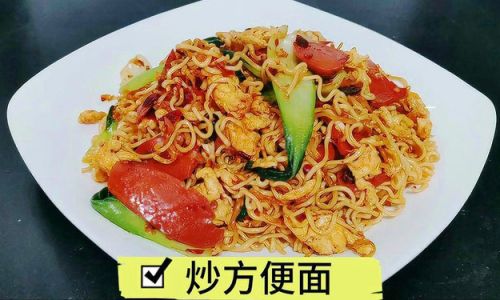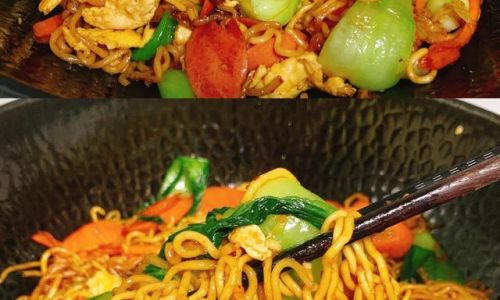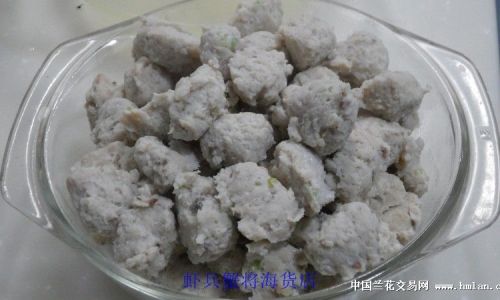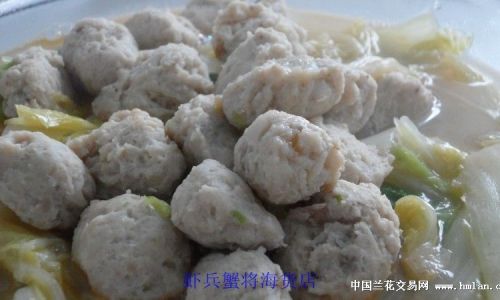Table of content
Instant noodles—a pantry staple loved globally for their convenience and affordability. While boiling them in a salty broth is the default method, stir-frying transforms these humble blocks of dried noodles into a gourmet dish bursting with texture, flavor, and personality. This article dives deep into the techniques, ingredients, and secrets behind crafting the perfect plate of stir-fried instant noodles, ensuring every bite is a harmonious blend of smoky, savory, and aromatic notes.
The Philosophy of Stir-Fried Noodles
Stir-frying is a culinary art rooted in precision and speed. Originating in China, this cooking method involves cooking ingredients in a wok over extremely high heat, tossing them rapidly to prevent burning while achieving a caramelized exterior. When applied to instant noodles, this technique elevates their status from a quick snack to a restaurant-quality meal. The key lies in balancing the noodles’ softness with crisp vegetables, tender proteins, and a glossy, flavorful sauce.

Choosing the Right Noodles
Not all instant noodles are created equal. For stir-frying, opt for varieties with a firm texture, such as wheat-based ramen or udon-style noodles. Avoid overly thin or curly noodles, as they tend to clump during frying. Look for labels that mention “stir-fry” or “chow mein” for optimal results. If using standard ramen packs, discard the flavor packet (or save it for later) and focus on building a custom sauce.
Essential Ingredients for Stir-Fried Noodle Success
Aromatics: The Flavor Foundation
- Garlic and Ginger: Mince or grate fresh garlic and ginger to create a pungent base.
- Shallots or Onions: Sliced shallots add sweetness, while diced onions provide a sharper bite.
- Chili Peppers: Fresh or dried chilies inject heat. Adjust to your spice tolerance.
Proteins: Elevating the Dish
- Meat: Thinly sliced chicken, beef, or pork cook quickly and add richness.
- Seafood: Shrimp, squid, or tofu (for vegetarians) offer delicate textures.
- Eggs: Scrambled eggs add a creamy contrast. Whisk with a pinch of salt before cooking.
Vegetables: Color, Crunch, and Nutrition
- Cruciferous Veggies: Broccoli, cabbage, or bok choy retain their crunch.
- Bell Peppers: Add sweetness and vibrant color.
- Carrots: Julienned for a crisp-tender texture.
- Mushrooms: Shiitake or oyster mushrooms provide earthy depth.
- Leafy Greens: Spinach or kale wilt beautifully in the residual heat.
Sauce: The Soul of the Dish
A balanced sauce ties everything together. Start with these ratios and adjust to taste:
- Soy Sauce: 2 tbsp (use tamari for gluten-free).
- Oyster Sauce: 1 tbsp (or hoisin sauce for a sweeter profile).
- Sesame Oil: 1 tsp (for nutty aroma).
- Rice Vinegar: 1 tsp (cuts through richness).
- Sugar: ½ tsp (balances saltiness).
- White Pepper: A pinch for warmth.
Optional additions: fish sauce, chili oil, or a splash of Shaoxing wine.
The Stir-Frying Process: Step-by-Step
Prep Like a Pro
Stir-frying moves fast—have all ingredients prepped and within arm’s reach.

- Chop Veggies Uniformly: Ensure even cooking.
- Marinate Proteins: Toss meat or tofu in soy sauce and cornstarch for 10 minutes.
- Parboil Noodles: Cook them in boiling water for 2 minutes, then rinse under cold water to stop cooking. Drain thoroughly.
Heat the Wok
- Use a Carbon Steel Wok: It retains heat better than non-stick pans.
- High Heat is Key: Preheat the wok until it smokes lightly. Add 2 tbsp of oil (peanut or vegetable oil for high smoke points).
Cook in Stages
- Aromatics First: Stir-fry garlic, ginger, and chili for 30 seconds until fragrant.
- Proteins Next: Add marinated meat or tofu. Sear until browned, then set aside.
- Veggies: Cook harder veggies (carrots, broccoli) first, then softer ones (peppers, mushrooms).
- Noodles: Toss in the parboiled noodles, spreading them evenly to prevent sticking.
- Sauce: Pour the sauce over the noodles, tossing vigorously to coat. The sauce should reduce slightly, clinging to the noodles.
- Finish: Return proteins to the wok. Add leafy greens and toss until wilted.
Final Touches
- Garnish: Sprinkle with sesame seeds, chopped scallions, or cilantro.
- Acid: A squeeze of lime juice brightens the dish.
- Herbs: Fresh basil or mint leaves add a herbal lift.
Common Mistakes to Avoid
- Overcrowding the Wok: Cook in batches if needed to maintain high heat.
- Under-Seasoning: Taste and adjust the sauce—instant noodles are bland on their own.
- Overcooking Noodles: Parboil just until al dente; they’ll soften further in the wok.
- Skipping Aromatics: Garlic and ginger are non-negotiable for depth.
Regional Variations to Explore
Szechuan-Style
Add doubanjiang (spicy bean paste) and Szechuan peppercorns for a numbing heat.
Korean-Inspired
Incorporate gochujang, kimchi, and a fried egg on top.
Thai Basil Stir-Fry
Toss in Thai basil, holy basil, and a splash of coconut milk for creaminess.
Vegan Delight
Use tofu, edamame, and a tamari-based sauce. Add crushed peanuts for crunch.

Pairing Suggestions
- Beverages: Light beer, jasmine tea, or lemonade.
- Sides: Quick-pickled cucumbers, spring rolls, or dumplings.
- Dessert: Fresh mango slices or a scoop of green tea ice cream.
Pro Tips for Consistency
- Use a Wok Spatula: Its curved shape makes tossing easier.
- Pre-Mix Sauce: Combine liquids in a bowl to streamline cooking.
- Adjust Heat: If the wok smokes excessively, reduce heat slightly.
The Science Behind Stir-Frying
Stir-frying at high temperatures (350–400°F/175–200°C) triggers the Maillard reaction, creating complex flavors. The rapid tossing ensures even cooking without steaming. For instant noodles, this method also prevents sogginess by evaporating excess moisture.
Innovative Add-Ons
- Cheese: A sprinkle of Parmesan or a melted slice of American cheese adds richness.
- Nuts: Toasted sesame seeds or crushed peanuts for texture.
- Fermented Ingredients: A spoonful of miso or black bean paste deepens umami.
Leftovers Reimagined
Transform day-old stir-fried noodles into:
- Noodle Pancakes: Press into a pan and fry until crispy.
- Fritters: Mix with eggs and pan-fry in small patties.
- Soup: Rehydrate with broth and add fresh herbs.
Conclusion: From Humble to Hero
Stir-fried instant noodles are a testament to culinary creativity. They transcend their humble origins, offering a canvas for experimentation while delivering comfort and satisfaction. Whether you’re a time-crunched student or a seasoned home cook, mastering this dish unlocks endless possibilities. So grab your wok, crank up the heat, and let the sizzle begin—your taste buds will thank you.
Word Count: 1,520

This guide ensures that even a simple packet of instant noodles becomes a culinary masterpiece, blending technique, flavor, and innovation. Happy stir-frying!





0 comments